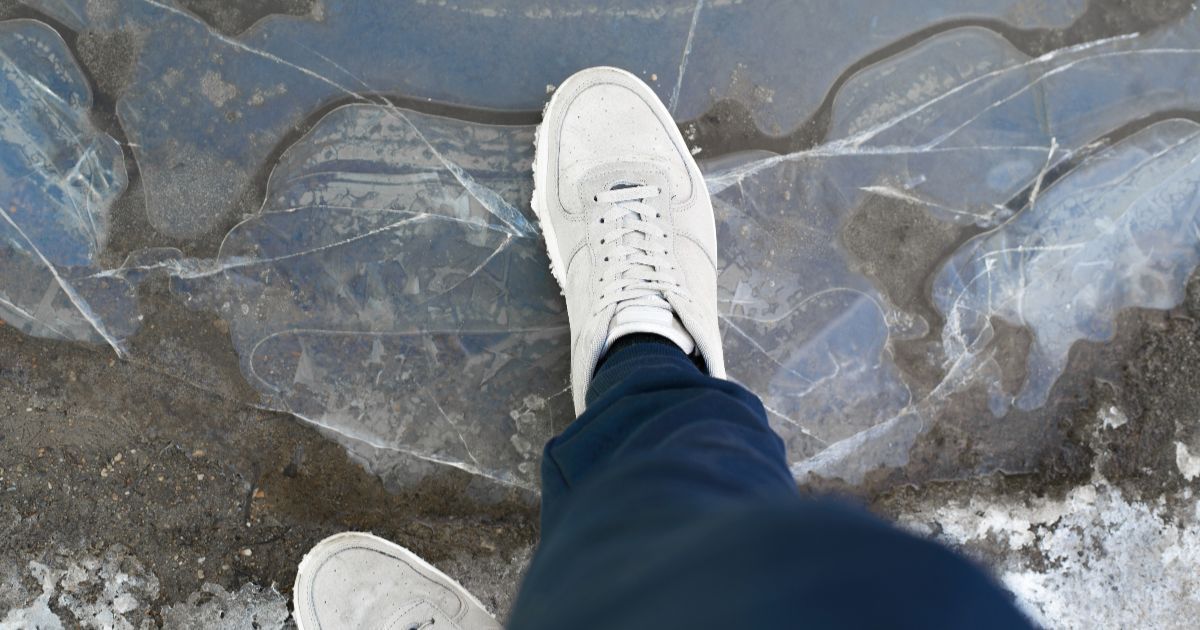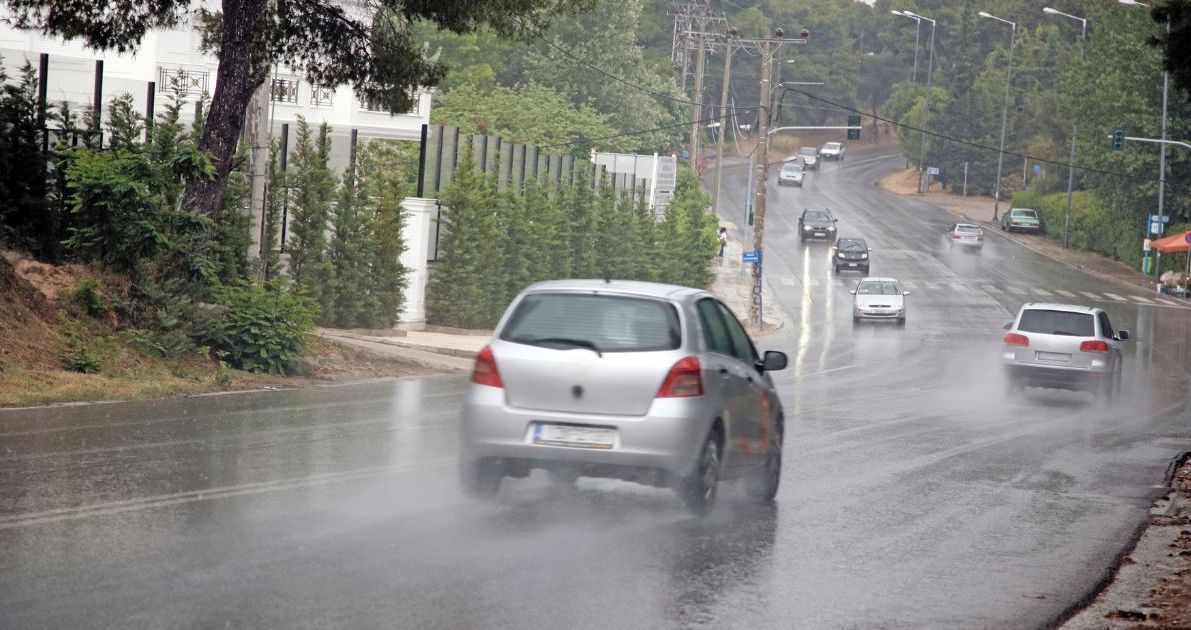Slip and Fall Accidents in Massachusetts: Your Guide to Ice Hazards, Parking Lot Risks, and Legal Rights
Recent Posts
- Understand Premises Liability: Property owners in Massachusetts must maintain safe conditions, including clearing snow and ice, or face liability for injuries.
- Common Causes of Falls: Slippery floors, uneven surfaces, poor lighting, and winter ice buildup, especially black ice in parking lots.
- Ice-Specific Risks: Natural accumulations of snow and ice can lead to falls, but owners are liable if they fail to exercise reasonable care.
- Parking Lot Dangers: Black ice forms invisibly due to temperature swings, making commercial lots high-risk areas where owners have a duty to salt, sand, or warn.
- What to Do After a Fall: Seek medical help immediately, document the scene, report the incident, and consult a lawyer within 30 days for snow/ice cases.
- Compensation Options: Recover for medical bills, lost wages, pain and suffering, and more through insurance claims or lawsuits.
Slip and fall accidents are a leading cause of injury in Massachusetts, particularly during harsh New England winters when ice and snow create treacherous conditions. At Jason Ranallo Law in Dedham, MA, we've represented countless victims in towns like Quincy, Framingham, Abington, and beyond since 2002. Whether it's a slick supermarket floor or black ice in a Peabody parking lot, understanding your rights under premises liability law is crucial. This guide covers causes, legal standards, special considerations for ice-related falls, and how to pursue compensation.
What Causes Slip and Fall Accidents?
Slip and fall incidents often stem from negligence by property owners or managers. Common hazards include:
- Wet or slippery floors from spills, leaks, or tracked-in moisture.
- Uneven surfaces like cracked sidewalks, loose tiles, or potholes.
- Inadequate lighting in stairwells, hallways, or parking areas.
- Cluttered walkways with debris, cords, or obstacles.
- Winter-specific issues: Snow, ice, and black ice accumulations that aren't properly addressed.
In Massachusetts, these accidents spike in winter due to freezing temperatures and precipitation. For instance, melting snow can refreeze into invisible black ice, especially in shaded parking lots where water pools and freezes overnight.
Massachusetts Laws on Slip and Fall Accidents
Under Massachusetts premises liability law, property owners owe a duty of reasonable care to keep their premises safe for visitors. This includes inspecting for hazards and fixing or warning about them. Prior to 2010, the "natural accumulation rule" protected owners from liability for untouched snow or ice. However, the Supreme Judicial Court's ruling in Papadopoulos v. Target Corp. changed this - now, owners must use reasonable care for all snow and ice, natural or unnatural.
To prove negligence, you must show:
- A dangerous condition existed.
- The owner knew or should have known about it.
- They failed to address it in a timely manner.
- The condition caused your injury.
Comparative negligence applies: If you're partially at fault (e.g., not watching your step), your compensation may be reduced, but you can still recover if less than 51% responsible.
Special Focus: Slip and Fall on Ice in Parking Lots
Parking lots pose unique risks in Massachusetts winters, where black ice - thin, transparent, and nearly invisible - often forms due to temperature fluctuations above and below 32°F. This "freeze-thaw" cycle is common in areas like Peabody, where puddles refreeze, mimicking wet asphalt. Commercial property owners, such as malls or apartment complexes, are held to a higher standard because they invite the public and collect rents or fees.
Liability arises if owners neglect to:
- Apply salt, sand, or de-icers promptly.
- Provide adequate lighting to spot hazards.
- Clear drainage issues that lead to pooling water.
Exceptions to the natural accumulation rule may apply if the ice results from unnatural causes, like dripping roofs or poor plowing. Victims must
notify the owner in writing within 30 days of the incident for snow/ice claims, or risk losing their case. The statute of limitations is three years from the injury date.
If you've fallen on black ice in a parking lot, document everything: Take photos of the ice, your injuries, and the surrounding area. Report it to the property manager immediately, and seek medical attention-even minor falls can lead to fractures, sprains, or head trauma.
Slip and Fall Statistics in Massachusetts
Slip and fall accidents are alarmingly common, especially in winter. Here are key stats highlighting the issue in Massachusetts:
- In 2019, private sector employers reported 31,720 days away from work cases due to nonfatal occupational injuries and illnesses, with slips, trips, and falls being a significant contributor.
- State government accounted for an additional 2,100 such cases in the same year.
- Nationally, falls, slips, and trips are a leading cause of emergency room visits and hospitalizations, trends that are amplified in Massachusetts due to harsh weather conditions.
These figures emphasize the need for vigilance and prompt legal action to hold negligent parties accountable.
Proving Your Case and Seeking Compensation
Building a strong slip and fall claim requires evidence like photos, witness statements, medical records, and incident reports. At Jason Ranallo Law, we investigate thoroughly, often consulting experts on weather conditions or maintenance standards. Compensation may cover:
- Medical expenses (current and future).
- Lost income and reduced earning capacity.
- Pain, suffering, and emotional distress.
- Loss of consortium for family impacts.
We work on a contingency basis-no fees unless we win. Many cases settle out of court, but we're prepared to litigate if needed.
Preventing Slip and Fall Accidents
While owners bear responsibility, personal precautions help: Wear appropriate footwear, watch for hazards, and report dangers. In winter, avoid shortcuts across icy lots and use handrails.
If you've been injured in a slip and fall in Massachusetts, don't navigate this alone. Contact Jason Ranallo Law for a free consultation. Serving Dedham and nearby towns, we're here to protect your rights and secure the compensation you deserve.
FAQ for Slip and Fall Accidents in MA
What is the natural accumulation rule in Massachusetts?
It previously shielded owners from liability for untouched snow/ice, but since 2010, owners must exercise reasonable care for all accumulations, natural or not.
Who is liable for a slip and fall on black ice in a parking lot?
Property owners, landlords, or tenants can be held responsible if they failed to maintain safe conditions, such as salting or lighting the area adequately.
How long do I have to file a slip and fall claim in Massachusetts?
You have three years from the injury date, but for snow/ice cases, you must notify the owner within 30 days.
What should I do immediately after a slip and fall on ice?
Seek medical care, document the scene with photos, report to the property manager, gather witness info, and consult an attorney promptly.
Can I still recover if I'm partially at fault?
Yes, under comparative negligence, as long as you're less than 51% responsible—your award is reduced by your fault percentage.
What types of injuries are common in slip and fall accidents?
Fractures (e.g., hips, wrists), head trauma, sprains, bruises, and soft tissue damage, often requiring hospitalization or surgery.
Do I need a lawyer for a slip and fall case?
While not required, an experienced attorney strengthens your case by handling evidence, negotiations, and legal complexities to maximize compensation.
How much does it cost to hire a slip and fall attorney?
At firms like Jason Ranallo Law, we operate on contingency—you pay nothing upfront, and fees come from your settlement or award.
What evidence is crucial for a parking lot ice fall claim?
Photos of the ice and location, weather reports, maintenance records, medical bills, and witness statements proving negligence.
Are cities or towns liable for slips on public sidewalks?
Claims against municipalities for snow/ice are generally prohibited, but exceptions may apply—consult a lawyer for specifics.













